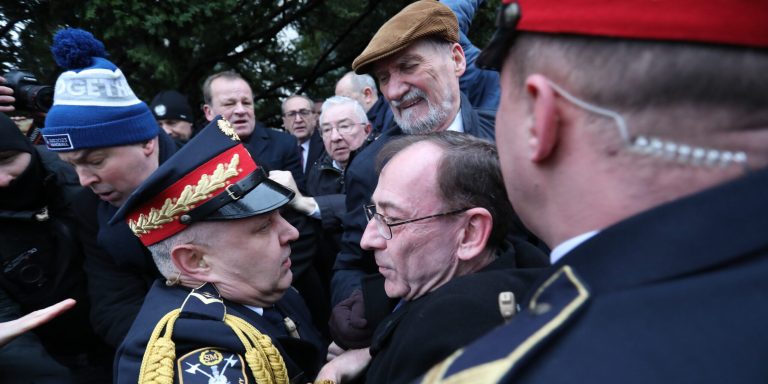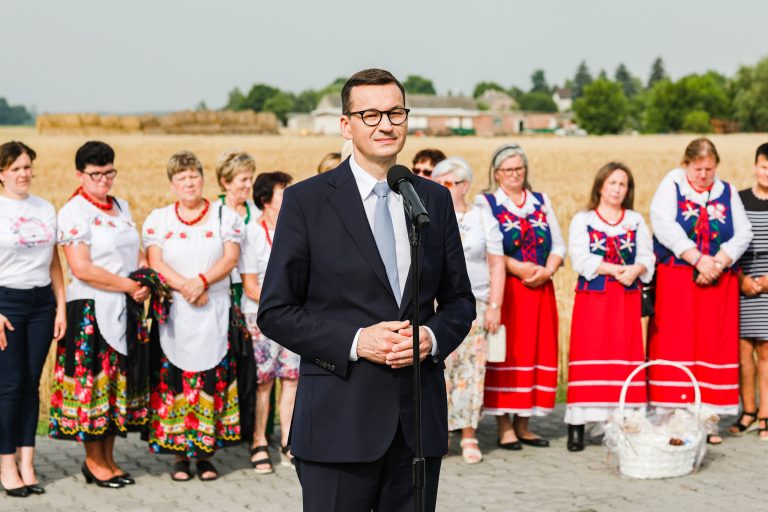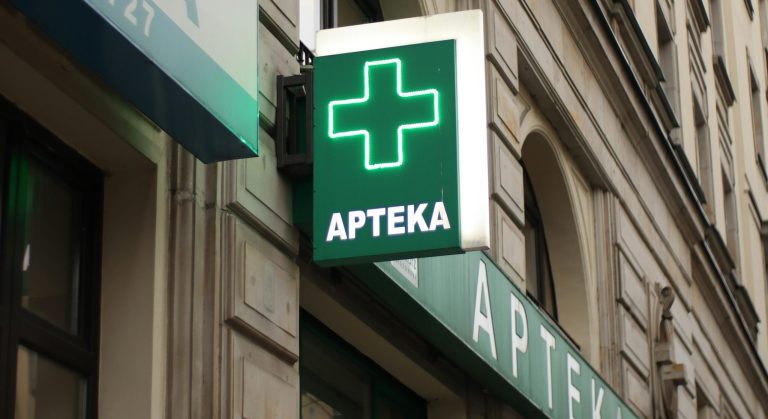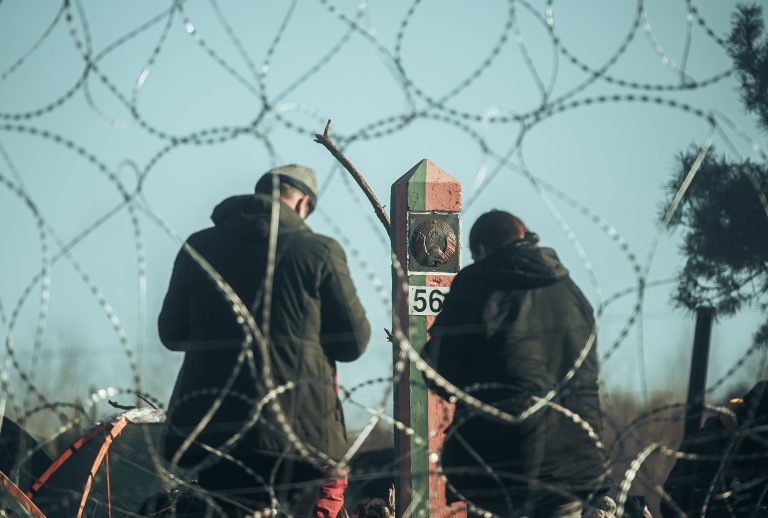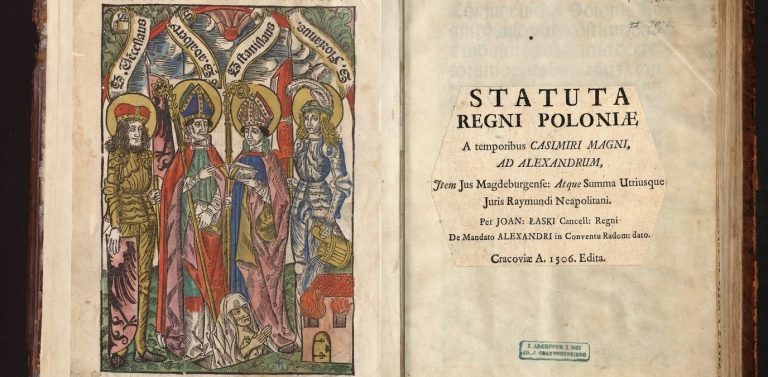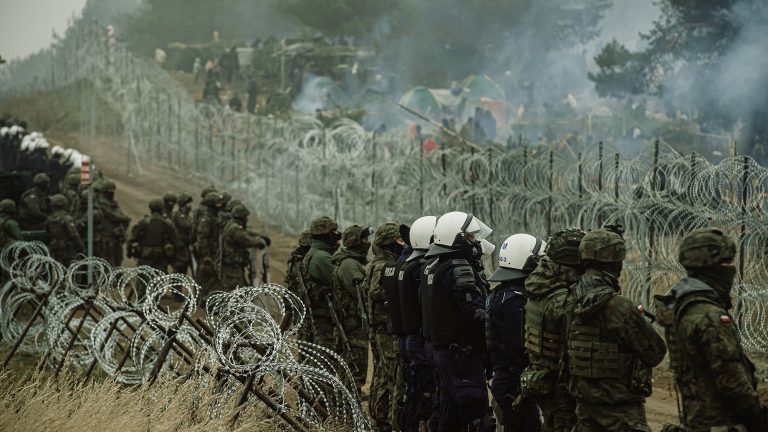Ukraine should allow exhumation of WWII victims “out of gratitude for Poland’s help”, says Polish FM
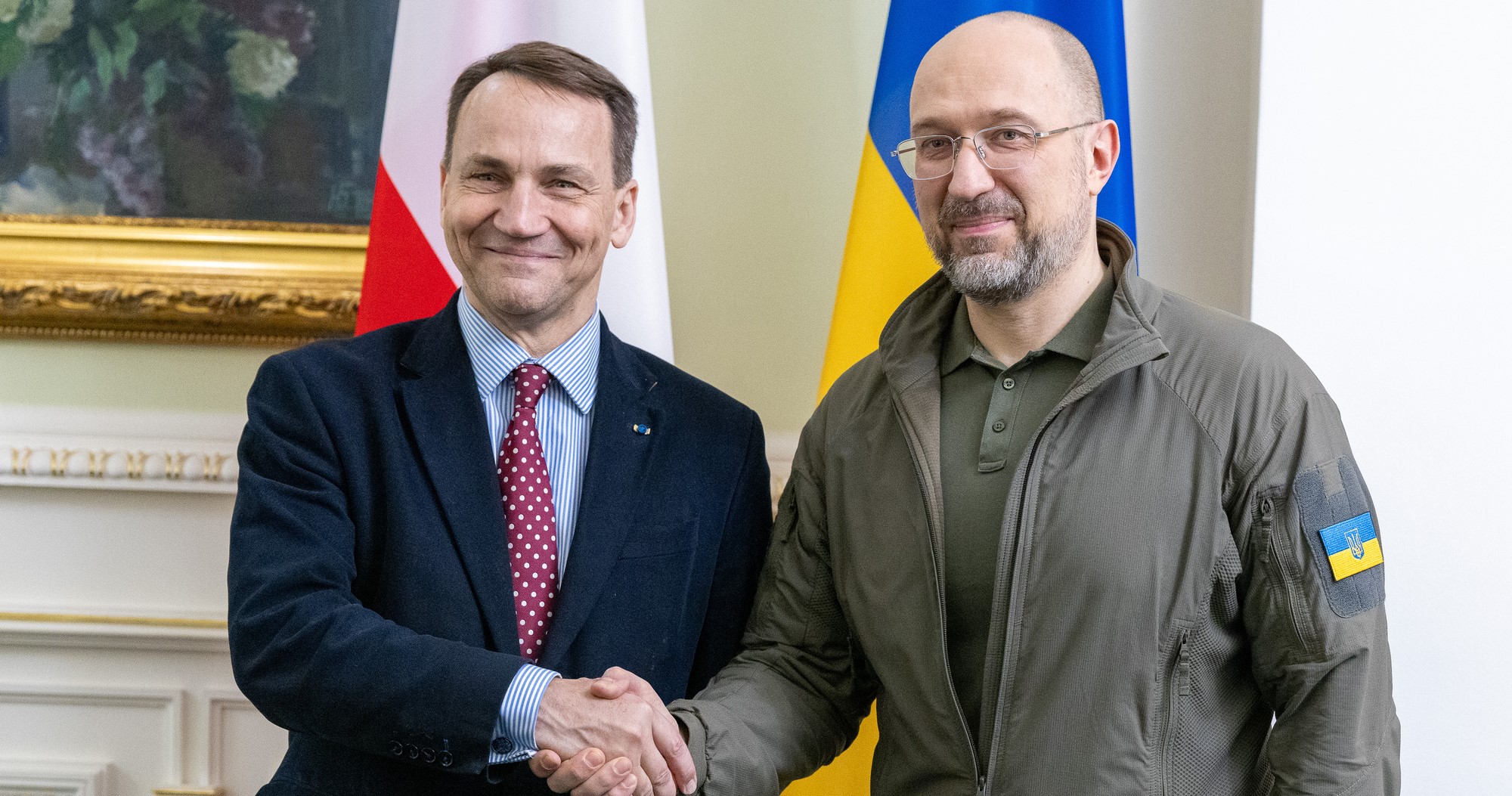
Poland’s foreign minister, Radosław Sikorski, has called on Ukraine to allow the exhumation of victims of the Volhynia massacres – in which Ukrainian nationalists killed around 100,000 ethnic Poles during World War Two – “out of gratitude for what Poland is doing for Ukraine today”.
His words come after Ukraine’s foreign minister Dmytro Kuleba – who today tended his resignation as part of a Ukrainian government reshuffle – last week caused anger in Poland with remarks on the massacres, which are an issue that continues to cause tensions between the two allies.
Minister Kułeba popełnił błąd, więc lepiej, żeby Ukraina załatwiła sprawę ekshumacji jak najszybciej, w duchu wdzięczności Polsce za to, co dzisiaj dla Ukrainy robimy. pic.twitter.com/LiRndCG8IS
— Radosław Sikorski 🇵🇱🇪🇺 (@sikorskiradek) September 3, 2024
“Minister Kuleba made a mistake, so it is better for Ukraine to settle the exhumation issue as soon as possible, in the spirit of gratitude to Poland for what we are doing for Ukraine today,” wrote Sikorski on X on Tuesday.
In an attached video, he declared that “Ukraine must understand the darker sides of its history” and that Polish victims of the Volhynia massacres deserve to be properly buried. He also said that he had raised the issue of exhumations during bilateral talks with Kyiv.
“It will be Poland that decides on the closing of further chapters in Ukraine’s negotiations with the European Union, so it would be better for Ukraine to settle this matter as soon as possible,” he concluded.
Those latter remarks echo recent comments by Polish deputy prime minister Władysław Kosiniak-Kamysz, who said that Poland would not allow Ukraine to join the EU until the two countries “resolve” the issue of the Volhynia massacres.
Poland will not allow Ukraine to join the EU until the issue of the Volhynia massacres in WWII is „resolved”, says the Polish deputy PM
The massacres, in which Ukrainian nationalists killed ethnic Poles, have long caused tensions between the two countries https://t.co/cPEArLdvDL
— Notes from Poland 🇵🇱 (@notesfrompoland) July 24, 2024
Sikorski’s statement was published amid renewed controversy over the massacres after Kuleba tried to contextualise the actions of Ukrainian nationalists by pointing to the post-war forced resettlement of Ukrainians in communist Poland.
Speaking at an event in Poland last week alongside Sikorski, Kuleba was asked by a member of the audience about the issue of exhuming victims of the Volhynia massacres, something Poland has long demanded that Ukraine allow to take place.
In his response, Kuleba asked the audience member whether she had heard of the 1947 Operation Vistula, during which “all these Ukrainians were forcibly expelled from Ukrainian territories”.
“If we started to dig into history today, the quality of the conversation would be completely different and we could go very deep into history and reproach ourselves for the bad things that Poles have done to Ukrainians and Ukrainians have done to Poles,” he added.
Dlaczego Kuleba mówił te bzdury na Campus Polska? Bo wiedział, że tam może.
A nasz szef MSZ siedzi obok jak trusia i nawet nie piśnie.pic.twitter.com/zErhGdQHeQ
— Emil Krawczyk (@krawczyk_emil) August 28, 2024
Kuleba’s remarks sparked controversy not only due to the comparison of the Volhynia massacres to forced resettlements but also because the Ukrainians moved to western Poland in 1947 were not resettled from Ukrainian territories but from areas in southeastern Poland.
Janusz Kowalski, an MP from Poland’s national-conservative opposition Law and Justice (PiS) party, called the Ukrainian minister’s comments “scandalous” and said he “should be declared persona non grata in Poland and immediately called upon to leave!”
“For Radosław Sikorski’s lack of reaction to these outrageous words…[he] should be dismissed from his position as minister,” added Kowalski.
Soon after, the Ukrainian foreign ministry issued a statement saying it “regrets that some forces, which are not interested in friendly Ukrainian-Polish relations, are trying to place the minister’s words in the context of alleged territorial claims, which [he] never expressed and could not express”.
Kuleba’s remark was also later deemed a “slip of the tongue” and a “mistake” by Sikorski himself.
A memorial to victims of the Volhynia massacres, in which ethnic Poles were killed by Ukrainian nationalists during WW2, has been unveiled in Poland.
Several cities refused to host the monument, which depicts a baby being impaled on a Ukrainian trident https://t.co/OyOvQlAWkg
— Notes from Poland 🇵🇱 (@notesfrompoland) July 15, 2024
The Volhynia issue has long been an unresolved chapter in Polish-Ukrainian relations. In Poland, the episode is widely regarded as a genocide, and has been recognised as such by parliament, but Ukraine rejects that description.
The precise death toll is unknown, but estimates range up to 120,000. The victims, the majority of whom were women and children, were, in many cases, killed with extreme brutality.
In 2022, Poland’s Institute of National Remembrance (IPN) estimated that the remains of around 55,000 ethnic Polish victims and 10,000 Jewish ones “still lie in death pits in Volhynia, waiting to be found, exhumed and buried”.
Last year, the head of the then PiS government, Mateusz Morawiecki, said that Ukrainian President Volodymyr Zelensky had pledged that exhumations would take place. In October, his government announced that a mass burial pit containing victims of the massacres had been found in Ukraine.
Notes from Poland is run by a small editorial team and published by an independent, non-profit foundation that is funded through donations from our readers. We cannot do what we do without your support.
Main image credit: Konrad Laskowski/MSZ (under CC BY-NC-ND 3.0 PL)

Agata Pyka is an assistant editor at Notes from Poland. She is a journalist and a political communication student at the University of Amsterdam. She specialises in Polish and European politics as well as investigative journalism and has previously written for Euractiv and The European Correspondent.

